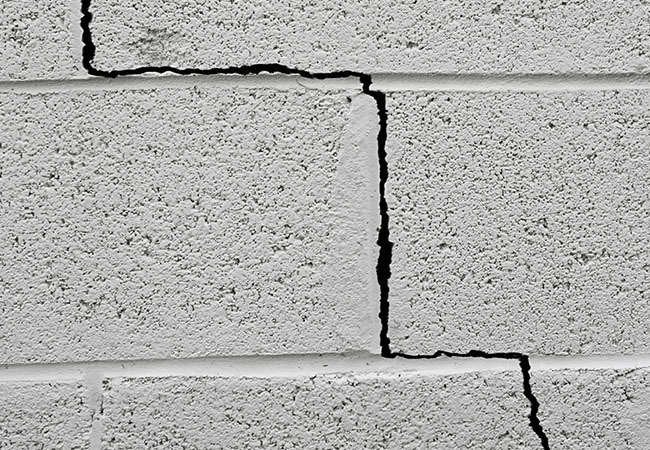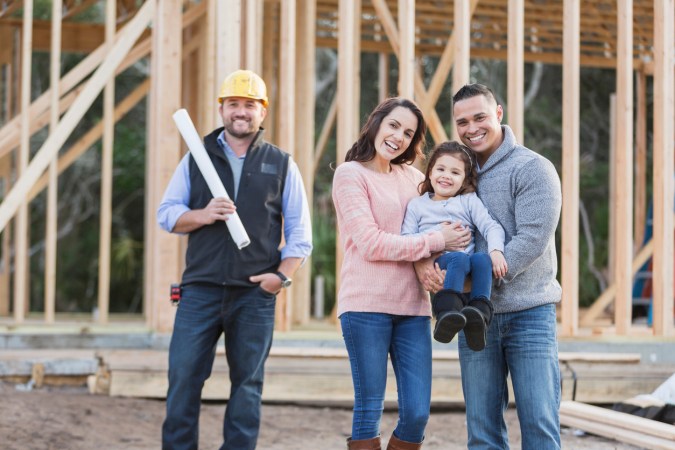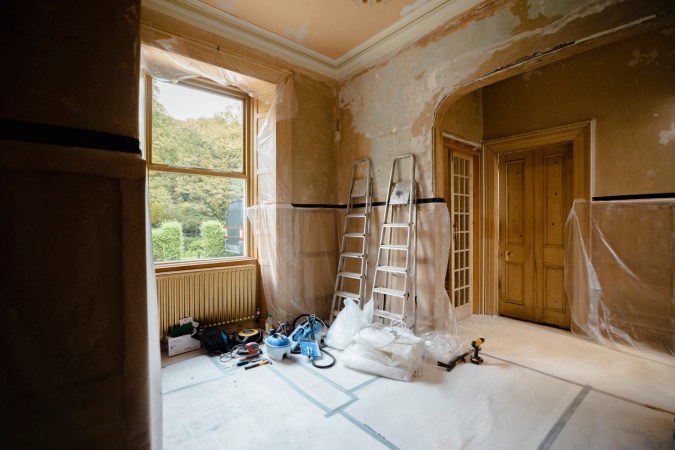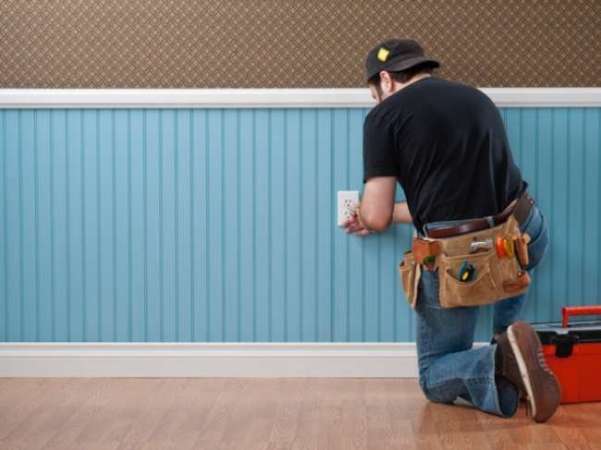We may earn revenue from the products available on this page and participate in affiliate programs. Learn More ›
Hunting for a New Home

Once you finally make the decision to move, a million little details clamor for attention almost immediately. From narrowing in on a location to securing a loan, your house-hunting journey can take months, so it’s important to get professional advice. That said, you can also learn a lot online, so we’ve compiled the best guidance from experts at Open Door, Investopedia, Realtor.com, and more. With these 15 pro tips in hand, you’ll be ready for homeownership in record time.
Get Preapproved

It’s a good idea to start your house-hunting journey by getting preapproved for a mortgage. But if you’re not sure just how big a mortgage you’ll be able to handle, you may want to get prequalified instead. This more informal evaluation of your finances will give you a better idea of much house you can afford.
Related: 10 House-Hunting Lessons You Can Learn from the TV Shows
Know Your Nonnegotiables

The more specific you can be about what you’re looking for in a new home, the better. While compromise is always part of buying a house, you need to know what you’re willing to compromise on, and what is nonnegotiable. Don’t budge on what you most want in a home, whether that’s quiet, light, or location, location, location.
Use This Checklist
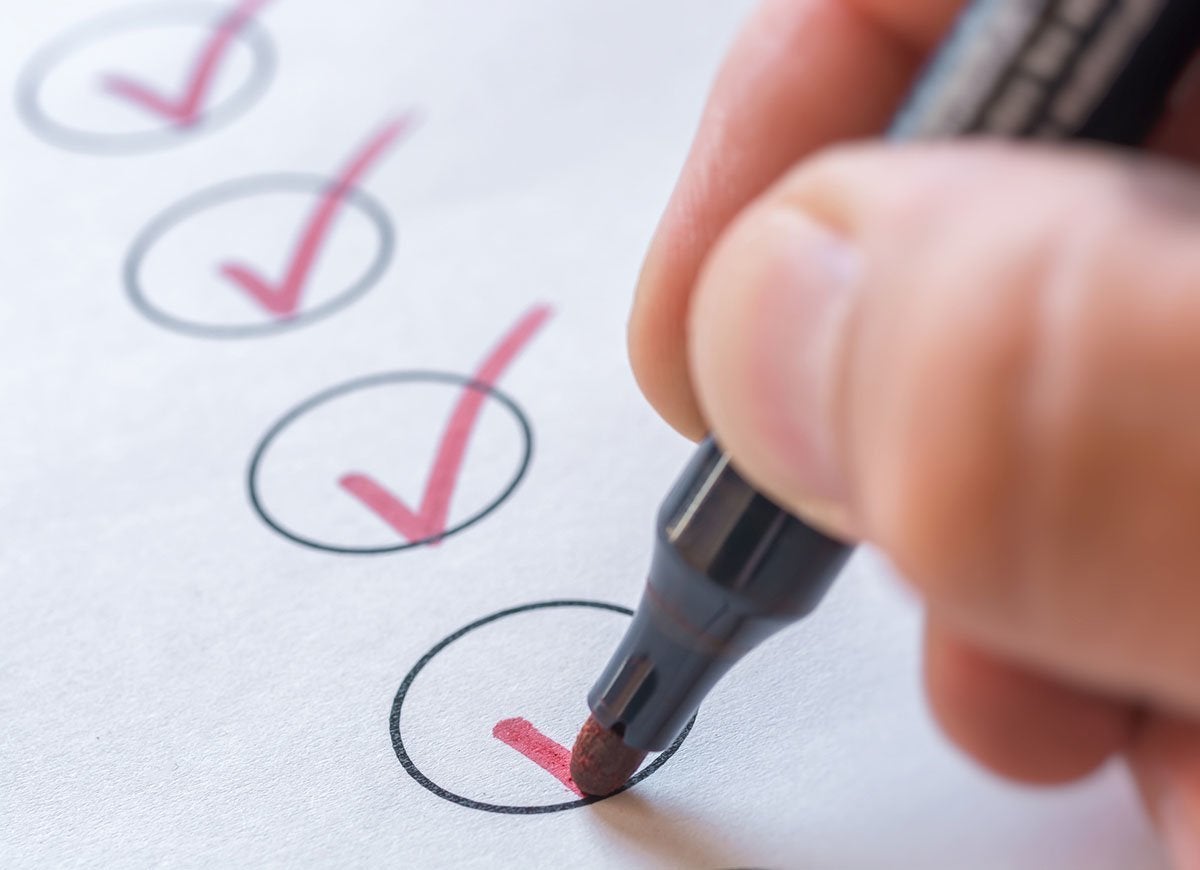
In the heat of the search, you can easily lose track of where you are in the process and what you need to do next. Open Door’s Checklist for First-Time Home Buyers is a convenient rundown of the biggest milestones on the road to homeownership. Review the list as you navigate the journey to make sure you haven’t missed anything.
Related: 10 Things You Never Knew Your Real Estate Agent Can Do for You
Wander and Linger

As exhausting as house-hunting can be, don’t rush it. When a house has made a good first impression, take your time looking around inside, outside, and in the neighborhood. If you book multiple viewings in a day, block out enough time for a thorough tour, unexpected conversations, and detours through the neighborhood, where other potential homes may await.
Go Together

A second (or third) opinion can be helpful when visiting properties. Your spouse or partner should definitely be part of your team, but a close friend or relative whose opinion (and honesty) you trust will also boost your confidence. Encourage everyone on your team to be on the lookout for flaws (and selling points) that you may have overlooked.
Be Nosy

It’s fine to be polite, but when you’re touring a house, you need to be nosy too. Open closets and drawers, examine the floor beneath the rug, check out the cabinet under the sink, and peek behind the shower curtain. Broken doors, stains, and moldy grout are fixable issues, but bug infestations or water damage may signal more serious concerns. You want to know what state your fixer-upper is in before you commit.
Use Your Phone

Houses can start to blur together after weeks and months of house-hunting. To help keep your memories fresh, whip out your phone. Document any concerns as well as the features you absolutely love. Make sure you take a photo of the house exterior and street number, so you can keep track of where you’ve been.
Plan Your Route

Make your house-hunting adventures more efficient. You can save time by hitting one neighborhood a day, visiting properties that are close together. If your top picks are scattered, view your favorites first, along with any new listings that are likely to be snapped up quickly.
Do a Reconnaissance

Your home is your haven, but the neighborhood and surrounding community are hugely important too. For the top picks on your list, take time to walk the neighborhood. Do you feel safe? Are there unusual noises (is there a hospital or fire station nearby? What are the traffic and parking like? Chat with neighbors who are out walking their dogs, and check with friends and acquaintances to find out if any of them live (or used to live) in the area, so you can get the lowdown on what it’s really like.
Gauge Your Emotions

Emotions play a big part in house shopping, so it’s important to check in with yourself frequently. Are you really ready to commit, or are you settling simply because you’re tired of living in limbo? Don’t let your emotions rule the process, but do keep tabs on your emotional health: Stress, desperation, and fatigue are warning signs that you should stop and get some rest before making a decision.
Have a (Realistic) Vision

Emotions can cloud your vision, but so can over- and under-confidence. Before you get carried away with enthusiasm (or despair) over a property’s potential, take a good look at the bones of the house. Cosmetic issues like dingy carpeting or wacky wallpaper can certainly be fixed, but be sure you have the budget, skill, or determination to make these improvements happen. Even if you’re thinking, “I’ll just do it myself,” chat with a pro first to gauge whether you have a realistic picture of how much time, money, energy, and expertise a particular DIY job might take.
Related: 10 Surprising Reasons to Start House-Hunting in Fall
Be Creative

According to the National Association of Realtors, 50 percent of buyers find their homes online and 27 percent through real estate agents. In other words, the internet and a good agent are your greatest assets. At the same time, friends and relatives, yard signs, open houses, and home builders are also excellent sources of info about homes that may not be online or on the listings
Closing Takes Time

Congratulations! You’ve found “the one.” But before you sign on the dotted line, you’ll want to bone up on the closing process. There are at least 12 steps to closing on a house, and the details can take several weeks. One of the key steps is to arrange for a home inspection. A professional home inspector will ensure that everything is shipshape, or alert you to issues with the basement/crawl space, plumbing, electricity, HVAC system, roof, chimney, and appliances.
Prep for the Move
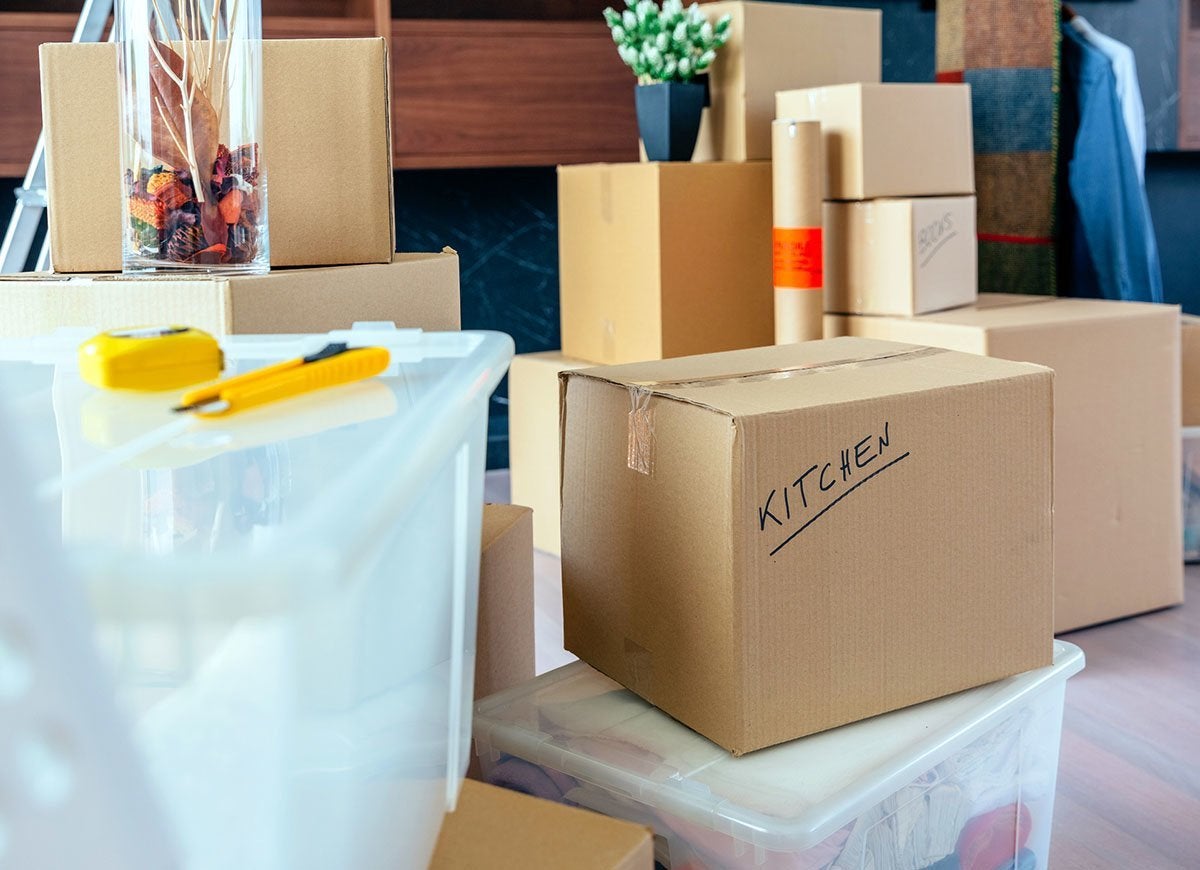
It’s never too early to start prepping for your move. All that organizing, sorting, and clearing out inevitably takes much longer than you think it will. So, even while you’re still scouring the listings and seeing houses, start going through your closets, attic, and basement to get rid of items you no longer need. If you currently own a home, clean it, repaint as needed, and take care of any small repairs to get it ready to make a good impression on potential buyers.
Breathe

Seriously, this is the most important thing to remember. When you’re feeling out of control or anxious during the house-hunting process, you not only feel miserable, but you’re also likely to make rash decisions. If you’re having trouble finding a house in your budget, spread your net as wide as possible, enlisting friends, coworkers, and your social network to help you out. Be patient. There is a place out there, just for you.
Home Sweet Home

Let this be a helpful guide for you as you begin the complicated—but, also exciting–search for a new home.



